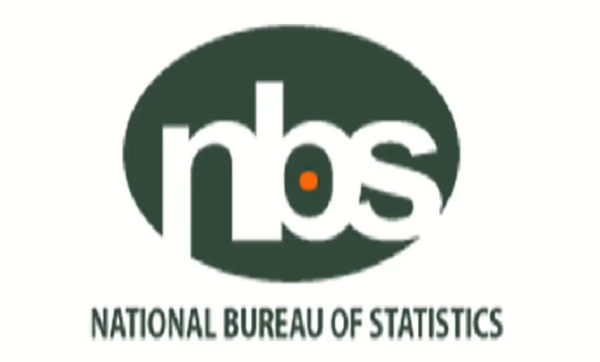The Ekiti State government remains optimistic that its strategic investments in improving business climate, enhancing road infrastructure, and expanding rural electrification will effectively combat the state’s soaring inflation rates.
This confidence follows the release of the National Bureau of Statistics’ (NBS) August 2025 Consumer Price Index (CPI), which revealed that Ekiti recorded a year-on-year inflation rate of 28.2 percent, the highest among states for that month.
According to a statement from Yinka Oyebode, the Chief Press Secretary to the Governor, the NBS data highlighted that inflationary pressures in Ekiti are largely driven by non-food sectors, including housing, transportation, electricity, and various services.
Oyebode emphasized, “Our government anticipates that ongoing reforms aimed at simplifying business operations will gradually reduce housing expenses. Similarly, investments in road infrastructure are expected to lower transportation costs, while rural electrification projects will help stabilize electricity prices.”
He further added, “We are committed to strengthening collaborations with both private enterprises and public agencies, leveraging data-driven strategies to enhance the welfare of Ekiti residents.”
Despite the high overall inflation, the government welcomed the NBS report’s indication of a notable decline in food prices within the state.
The monthly report pointed out that food prices, typically a major contributor to inflation at the state level, fell considerably during August.
Specifically, the food price index decreased by 6.8 percent month-on-month, with annual food inflation standing at 16.8 percent-below the national average.
Oyebode attributed this positive trend to the administration’s focused efforts and substantial investments in agricultural development.
He explained, “Our agricultural strategy prioritizes youth engagement and fosters strategic partnerships with the private sector. This approach has successfully increased youth participation in farming, resulting in food surpluses and reduced food costs.”
Additionally, the price stabilization reflects the impact of the ‘Ounje Ekiti’ program, spearheaded by the Ilu Eye Trading Company, which plays a critical role in enhancing food supply through targeted interventions,” the statement concluded.

















